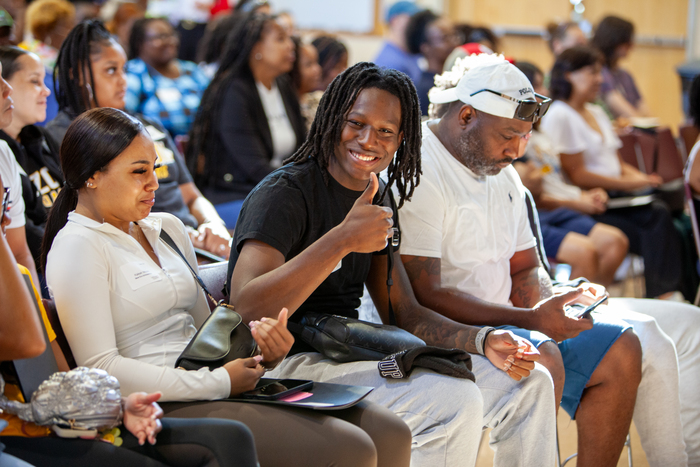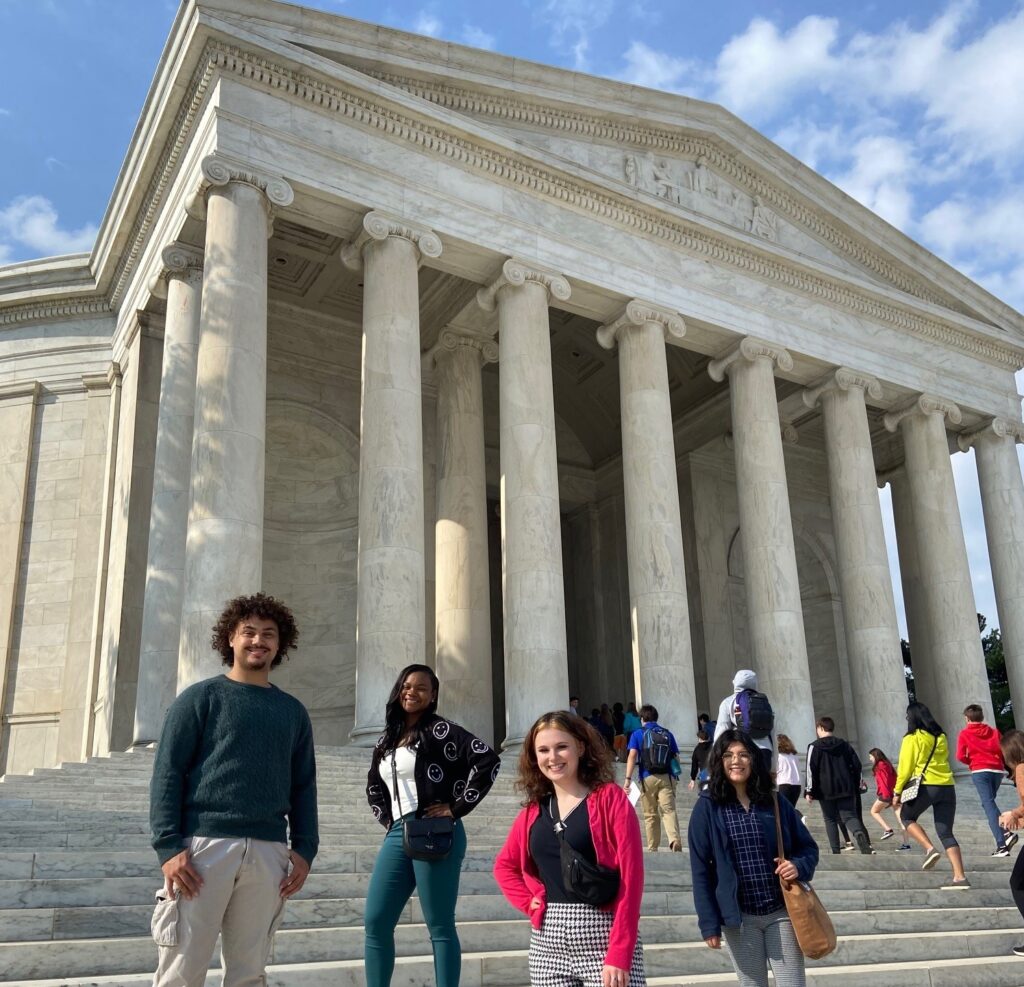
The author as Pell recipient, circa 1980
If you are reading this post, it is highly likely you support educational opportunity and know that a degree benefits not only the holder of it but also the community in which that person lives. And so I write to ask that you take action to express to your representatives in Washington the importance of protecting the Pell Grant.
In case you don’t have time to read further, please click this link: https://sfstl.org/protect-the-pell-take-action-today/. There, you will find tools to help you communicate with members of Congress.
****
I am a Pell Grant recipient*. I take threats to Pell Grants personally.
I have worked with students who depend upon Pell Grants for my 36 years (and counting) at the Foundation. Pell Grants are both financial backing and critical messaging to low-income students, as are scholarships and interest-free loans from the Foundation. There is movement afoot in Congress to destabilize Pell and rewrite requirements so that fewer students qualify.
In Social Goals and Educational Reform: American Schools in the Twentieth Century (1988, Greenwood Press), the chapter I co-authored began with this:
Continued examination of the process of advancing a society through its schools is indeed an essential task for theorists and policymakers alike. The relationship between social structure and teaching and learning can be a determinant in racial and social oppression as well as in liberation and equality. The more we seek to learn about that critical relationship, the better our chances of creating a society that more closely conforms to our ideals.
The chapter describes the ways in which education in the United States has functioned as a means of community development, sometimes to separate and stratify and sometimes to advance equity and unify.
The book was published:
- Ten years after I left St. Louis on a Greyhound bus at 17 to attend on full financial aid a college in California I’d never visited.
- Four years after I completed a master’s in cultural anthropology at Washington University, having defended a thesis on schools as manifestations of complex and current culture.
- One year before I accepted a position as the first executive director of The Scholarship Foundation of St. Louis.
Re-reading the chapter reminds me that education is foundational to democracy AND schools are political battlegrounds (and why I work at Scholarship Foundation).
This is a full circle moment, again.
A Pell Grant is and always has been based upon the financial circumstances of the student and family. It signals to students clearly that, despite economic circumstances, students’ continued education and personal well-being are important to their government.
A Pell Grant is portable. Grantees are currently free to use their grant money at the college(s) of their choice. It is like a voucher at a maximum of $7,395 annually but granted only to those who need it. The bill now advancing would impose an “average cost of attendance” limitation on eligibility for federal aid, effectively limiting the educational options for low-income students. Students getting Pell Grants often receive scholarships from their schools and communities which are necessary to make attendance affordable. Trying to drive down college pricing through financial aid award policy punishes students, not schools.
A Pell Grant will not cover the entire cost of education at most schools, yet it is essential to increasing the probability that a low-income student will earn a degree. Students awarded Pell seek additional aid and often work multiple jobs (as I did) to cover their college costs. That is why cutting the Pell Grant by making it harder to be considered “full-time”, as the current bill proposes, is an especially cruel way to address shortfall.
Right now, 88% of Scholarship Foundation students are Pell-eligible. Click here to meet Chris, Imani, Sharita, and Shaniyah and learn a bit about what the Pell Grant has meant to them. Then reach out to your representatives and make it clear that you expect them to #protectpell.
– Faith Sandler
*The Pell Grant was renamed in 1980, midway through my seven semesters of college, to recognize the senator who led the bi-partisan charge to create it within the Higher Education Act of 1965. It was formerly entitled Basic Educational Opportunity Grant (BEOG).





